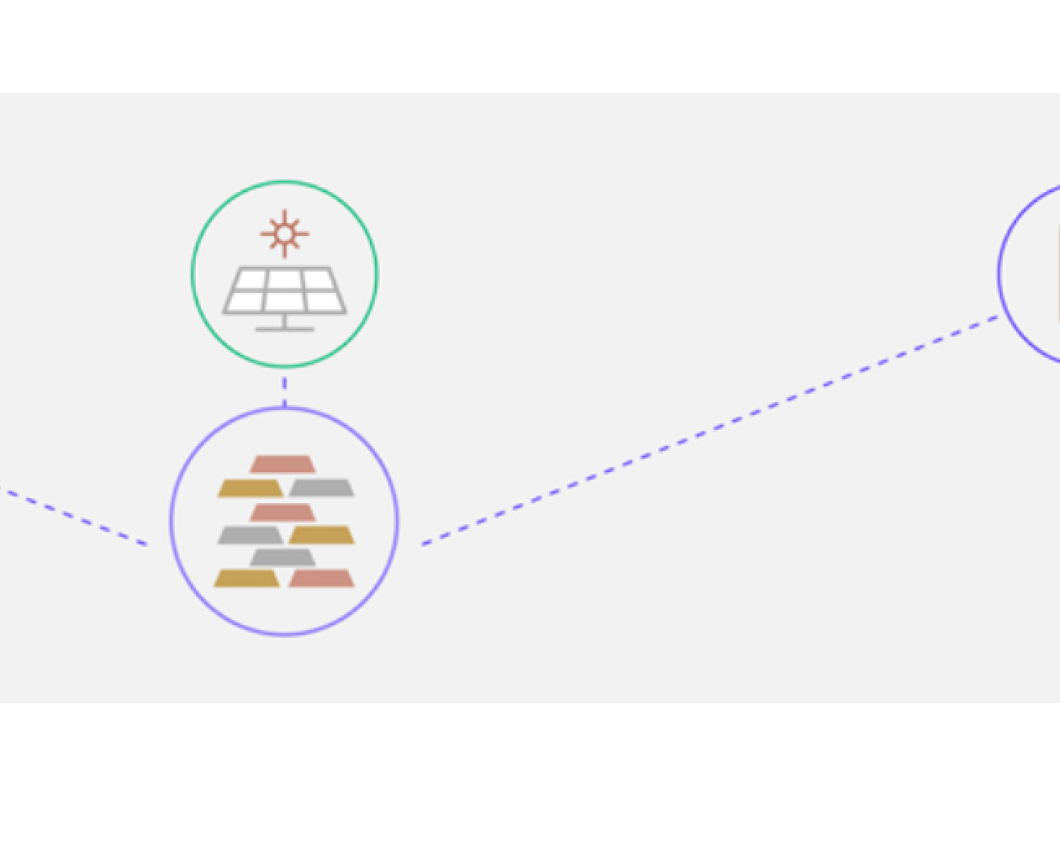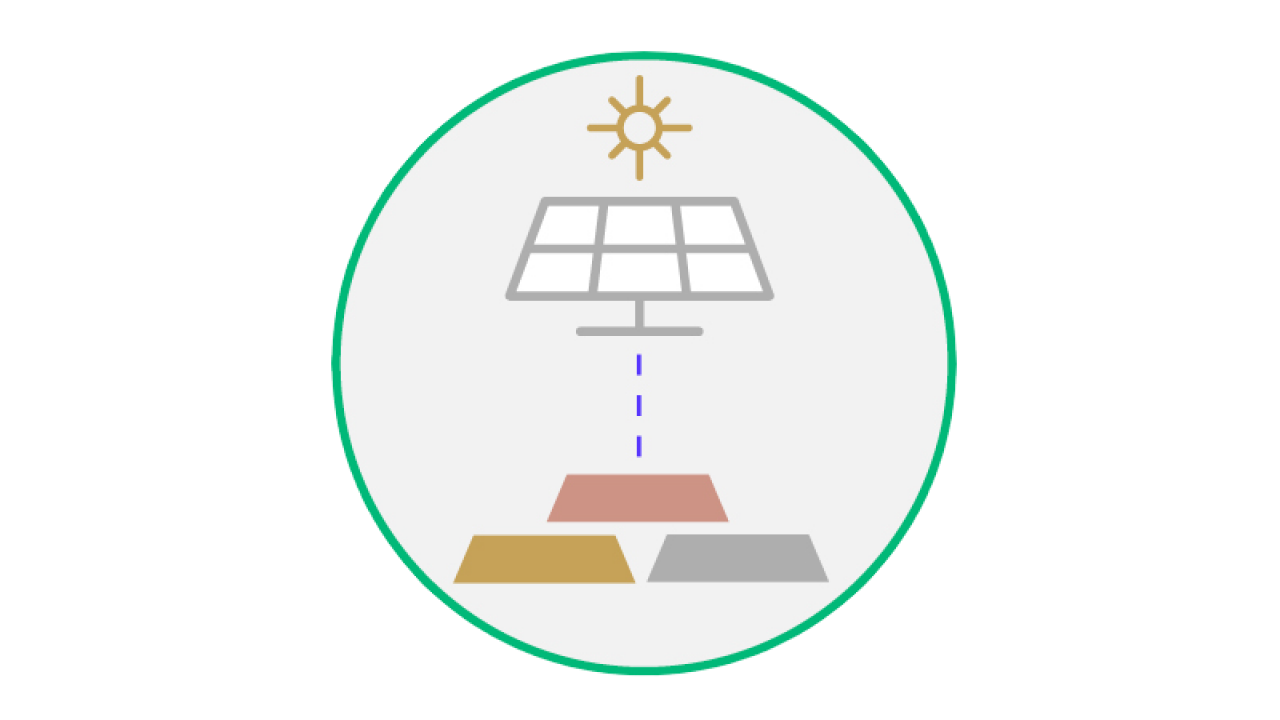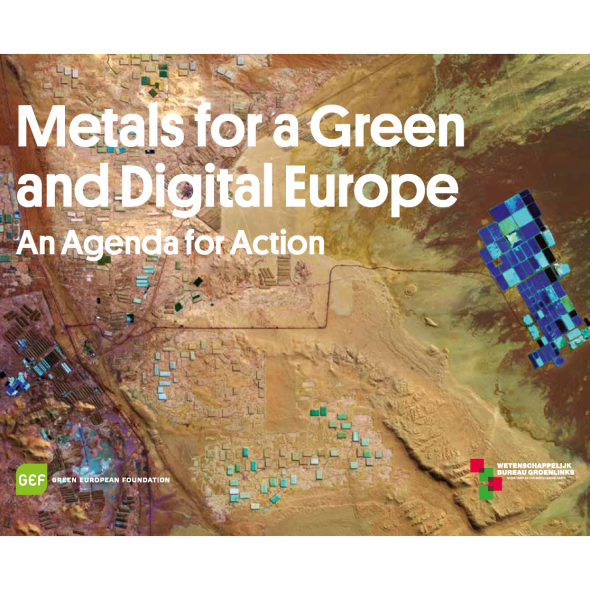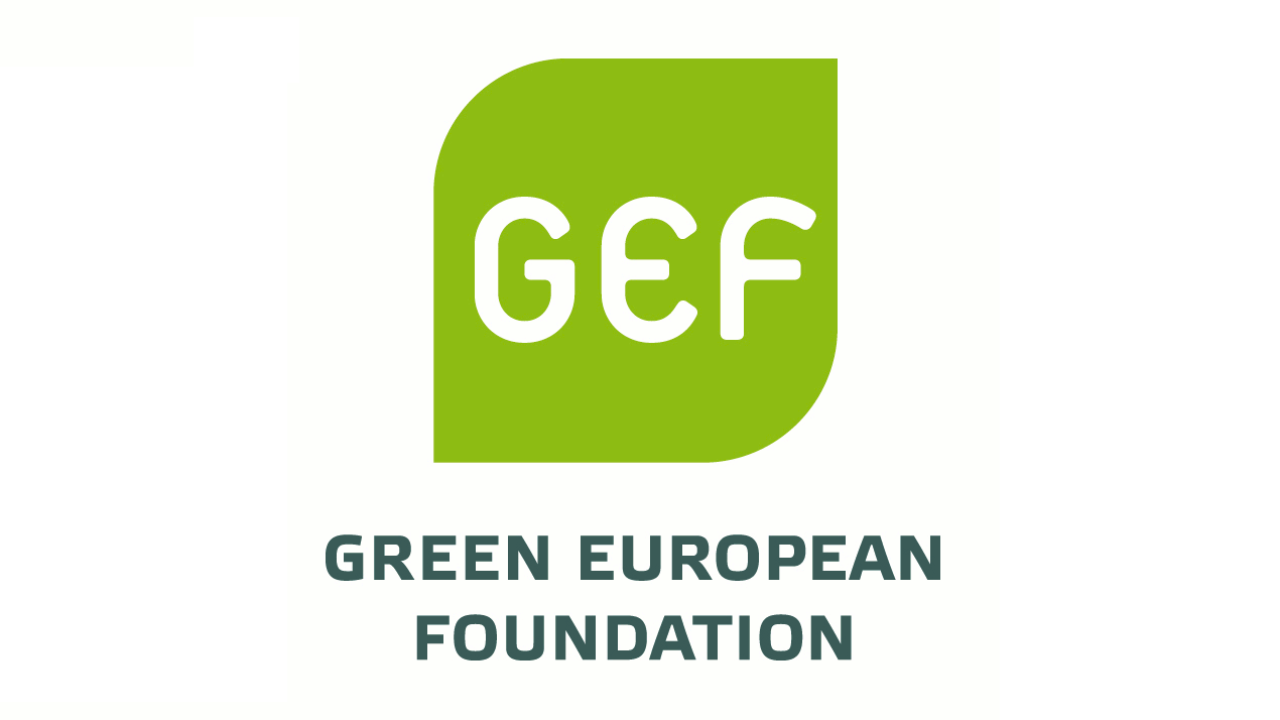Exponential growth
The climate crisis leaves us no choice but to make a swift transition from fossil fuels to renewable energies, while saving as much energy as we can. Solar and wind power have already entered the phase of exponential growth, as have electric vehicles and the batteries that power them. This translates into a rapidly growing demand for so-called 'energy metals'. According to the European Commission, by 2030, the European Union (EU) will need up to 18 times more lithium and 5 times more cobalt than its total current consumption, to cover electric car batteries and energy storage alone. By 2050, this is forecast to increase to almost 60 times more lithium and 15 times more cobalt. (2)
Alongside the energy transition, the digital transition is a priority for the EU. It also relies on metals. Many digital innovations enhance our quality of life. Teleworking and videoconferencing have proven particularly useful during the coronavirus pandemic. Sensors, data, and algorithms allow a more sustainable use of resources, including energy and materials. But, in turn, all digital technologies require energy and materials. Despite the ethereal metaphor of ‘the cloud’, the data economy has a heavy material footprint, which includes a wide array of metals. Gains in the energy and material efficiency of devices and networks are outpaced by the exponential growth of data, which doubles every two to three years. (3)
The cleantech and digital sectors are competing for the same metals. European demand for rare earths, which are used in electric cars and wind turbines but also in digital devices (4), could rise tenfold by 2050. (5)
Responsible sourcing
Since the development of technologies and markets is hard to predict, long-term demand forecasts for specific metals are uncertain. It is clear, however, that a significant portion of the metals supply will come from outside Europe. For most metals, the EU is between 75 and 100 per cent dependent on imports. This creates risks for Europe’s security of supply and for its strategic autonomy. It also raises the issue of climate justice, given that the greatest burdens of metal mining fall on the Global South. Metals can therefore be seen as the Achilles heel of the energy and digital transitions.
Should we rethink our use of joules and bytes to save metals? How do we stop valuable metals ending up as waste? Can we procure the metals we really need in a way that is equitable for both developing countries and future generations? This dossier looks at the metals quandary from various ethical and political angles. It concludes with an Agenda for Action that charts a course towards a responsible sourcing of metals for a green and digital Europe.
The Agenda for Action was developed through a series of transnational webinars and expert meetings in 2021. The drafters of the Agenda would like to express their gratitude to the hundreds of experts, politicians, and activists from all over Europe and the Global South who took part in these lively discussions. They provided an abundance of ideas for tackling metals scarcity.




Reacties
03 mei 21
Jean LECOUVET
Consigne sur les canettes (Deposit on beverage cans)
https://www.emballagesmagazine.com/tous-secteurs/consigne-tomra-plaide-pour-le-pragmatisme.51181
03 mei 21
Richard Wouters
Deposit on beverage cans
30 mei 21
Michael J. Ogh…
Kudos
31 mei 21
Richard Wouters
Consumers, governments, companies
01 juni 21
Floriske
Nuclear power
Apart from responsible management of resources, why not also consider nuclear power?
Because of the power density, you’d need much less resources than fossil fuels, let alone renewables.
It’s all about a balanced mix.
01 juni 21
Richard Wouters
Nuclear power
Moreover, nuclear will have a hard time competing with renewables, since the latter's marginal costs are close to zero. (Sun and wind are free 'fuels'.)
Finally, nuclear energy doesn't decrease the metals demand of electric vehicles. These vehicles need a lot of scarce metals for storage of electricity (batteries) and the conversion of electricity into motion (motors). I don't think we will see vehicles powered by onboard nuclear reactors anytime soon. Since private electric cars represent a large chunk of Europe's projected demand for scarce metals, rethinking our mobility - as argued in section 8 - is probably the best way to save metals.